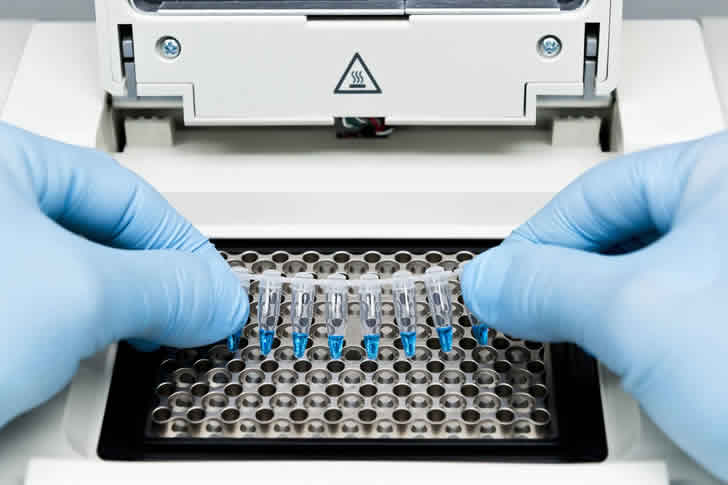Get Started with PCR: A Practical Guide to Perfect and Affordable PCR Machine
Polymerase Chain Reaction (PCR) is a revolutionary scientific method that amplifies DNA, enabling detailed analysis with just small samples. This guide will help you understand the essentials of choosing a PCR machine, ensuring you find a perfect balance between performance and affordability.

What Does a PCR Machine Do?
A PCR machine, also known as a thermal cycler, primarily amplifies small segments of DNA to create enough quantity for analysis and experiments. It enables:
- Detection of infectious diseases
- Genetic fingerprinting for forensics
- Genetic testing for mutations and disorders
How Does It Work?
The PCR process involves cycles of heating and cooling that denature DNA, anneal primers to target sequences, and extend the primers to create new DNA strands. These steps include:
- Denaturation: DNA double strands are separated by heating.
- Annealing: Short DNA sequences called primers bind to specific target sequences.
- Extension: A DNA polymerase synthesizes new DNA strands by adding nucleotides.
Types of PCR Machines
- Standard PCR Machines: Perform basic PCR and are suitable for routine amplifications.
- Real-Time PCR Machines: Also known as quantitative PCR (qPCR), they monitor the amplification of DNA in real-time.
- Digital PCR Machines: Provide a highly precise and sensitive method of DNA quantification by partitioning the sample into thousands of small reactions.
How Much Does a PCR Machine Cost?
PCR machines vary widely in cost based on functionality, brand, and throughput capacity. Prices can range from a few hundred dollars for basic models to tens of thousands for advanced systems.
PCR Machine Comparison Table
Here is a comparison of 10 PCR machines highlighting their features and approximate pricing:
| PCR Machine Model | Price Range | Key Features |
|---|---|---|
| Bio-Rad C1000 Touch | $6,000 – $10,000 | High throughput, touch screen interface |
| Applied Biosystems 2720 | $2,500 – $4,000 | Compact design, suitable for small labs |
| Eppendorf Mastercycler Nexus | $3,000 – $5,000 | Eco-friendly, low energy consumption |
| Thermo Fisher ProFlex | $4,000 – $7,000 | Flexible block configurations, intuitive interface |
| Qiagen Rotor-Gene Q | $15,000 – $20,000 | High precision, real-time analysis capabilities |
| Bioer LineGene 9600 Plus | $8,000 – $12,000 | Fluorescent detection, FRET technology |
| Roche LightCycler 96 | $10,000 – $15,000 | Fast run times, real-time applications |
| Agilent AriaMx | $12,000 – $17,000 | Robust design, customizable software |
| Techne Prime Pro 48 | $9,000 – $14,000 | Real-time qPCR, color touch screen |
| Bioneer Exicycler 96 | $7,000 – $10,000 | 5-color detection, high sensitivity |
PCR Machine FAQs
Q: Can I use a PCR machine for RNA samples? A: Yes, but RNA samples first need to be converted to DNA using reverse transcription before PCR.
Q: How do I maintain a PCR machine? A: Regular maintenance includes cleaning the machine, calibrating temperature sensors, and updating software.
Q: What are the main considerations when buying a PCR machine? A: Consider the machine’s capacity, speed, accuracy, software features, and overall reliability.
Conclusion
Choosing the right PCR machine involves understanding your specific needs, the types of PCR technology available, and the price range you can afford. With the right equipment, you can ensure accurate and efficient DNA amplification for your experiments.
Sources for Further Information
- Thermo Fisher Scientific: www.thermofisher.com
- Offers detailed product specifications and applications.
- Bio-Rad Laboratories: www.bio-rad.com
- Provides comprehensive guides and tutorials on using PCR machines.
- Qiagen: www.qiagen.com
- Features articles and resources on the latest PCR technologies and techniques.
These resources will help you gain a deeper understanding of PCR machines and guide you in selecting the best model for your laboratory needs.







Recent Comments